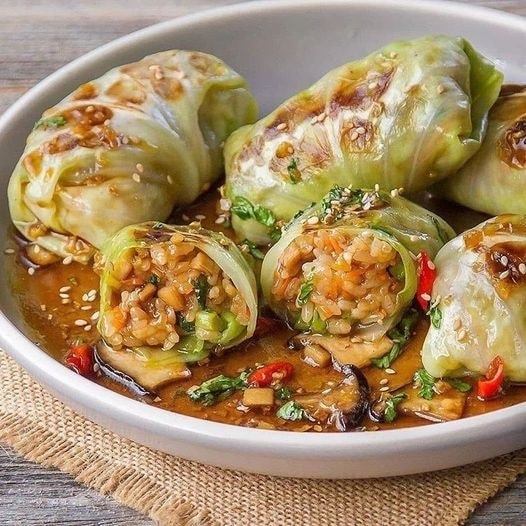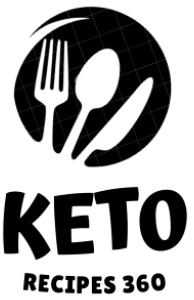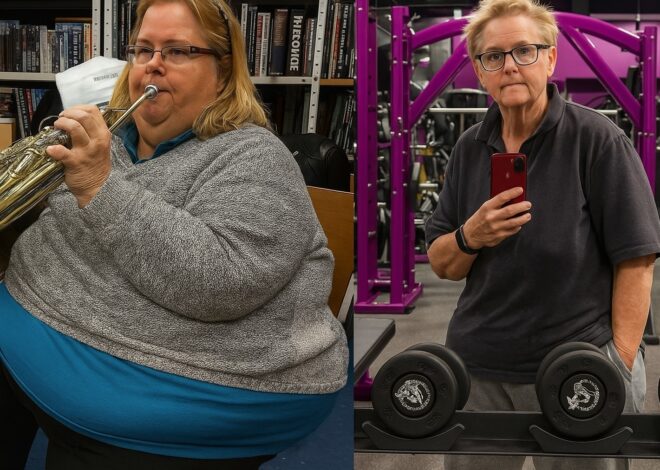
Stuffed Cabbage with Lean Filling
Stuffed Cabbage with Lean Filling
A vegan diet has numerous benefits, and here are some important points
Health Benefits:
Nutrient-Rich: A well-balanced vegan diet can provide all the necessary nutrients, including vitamins, minerals, and fiber, promoting overall health.
Heart Health: Studies suggest that a vegan diet may lower the risk of heart disease by reducing cholesterol levels and blood pressure.
Weight Management: Many people find that adopting a vegan diet helps with weight management due to lower calorie intake and increased consumption of whole, plant-based foods.
Environmental Impact:
Reduced Carbon Footprint: Animal agriculture is a significant contributor to greenhouse gas emissions. A vegan diet helps reduce your carbon footprint and combat climate change.
Conservation of Resources: Producing plant-based foods generally requires fewer natural resources like water and land compared to animal farming, contributing to sustainable resource use.
Ethical Considerations:
Animal Welfare: Choosing a vegan lifestyle aligns with ethical considerations, promoting the well-being of animals and avoiding their exploitation for food.
Reduced Animal Suffering: By opting for plant-based alternatives, individuals contribute to the reduction of animal suffering associated with factory farming and other industrial practices.
Diverse Culinary Options:
Creative Cooking: Adopting a vegan diet encourages exploration of diverse and creative cooking techniques, using a wide range of fruits, vegetables, grains, nuts, and seeds.
Global Cuisine: Veganism opens up the opportunity to explore and appreciate a variety of global cuisines that are naturally plant-based, fostering a rich and flavorful culinary experience.
Disease Prevention:
Cancer Prevention: Some studies suggest that a vegan diet may lower the risk of certain cancers, including colorectal and breast cancer.
Type 2 Diabetes: Plant-based diets have been linked to a reduced risk of type 2 diabetes due to their positive effects on insulin sensitivity and blood sugar levels.
Economic Considerations:
Cost-Effective: A vegan diet can be cost-effective, as plant-based staples like beans, lentils, and grains are often more affordable than meat and dairy products.
Reduced Healthcare Costs: By promoting overall health and reducing the risk of chronic diseases, a vegan diet may lead to lower healthcare costs in the long run.
Community and Social Impact:
Supporting Sustainable Practices: Choosing vegan options supports businesses and practices that prioritize sustainability, contributing to a positive societal shift towards more eco-friendly choices.
Community Engagement: The growing popularity of veganism has led to the emergence of a vibrant and supportive community that shares recipes, tips, and encouragement.
Ingredients:
▪️3 cups (720 ml) boiled rice
▪️15-20 cabbage leaves
▪️1/2 cup (120 ml) finely chopped mushrooms
▪️1/2 cup (120 ml) spinach
▪️1 small carrot
▪️1 tbsp finely minced ginger
▪️Oil
▪️Salt to taste
▪️1 tbsp soy sauce
▪️Sauce: 1.5 tablespoons soy sauce, 1 tbsp. sweetener, 1 tsp red peppers, salt and pepper, 120 ml of water
Cooking:⠀
Heat the pan with 1 tsp. oil, fry the ginger until fragrant, add the mushrooms, fry for 1-2 minutes. Add chopped spinach and simmer for 1-2 more minutes.
Transfer the mixture to a bowl, then add the carrots, boiled rice and mix well with the soy sauce and salt.
Bring a pot of water to a boil, blanch the cabbage leaves for about 45 seconds.
Put one cabbage leaf on the table. Add the filling in the middle, fold the sheet along the sides and wrap. Repeat the same with the rest of the cabbage leaves.
In a frying pan with 1 tsp. lay out the cabbage rolls. Fry until golden brown.
Add all the ingredients for the sauce to the pan, bring the mixture to a boil and cook until thickened.
Pour sauce over cabbage rolls and garnish with sesame seeds and cilantro.
Enjoy!



